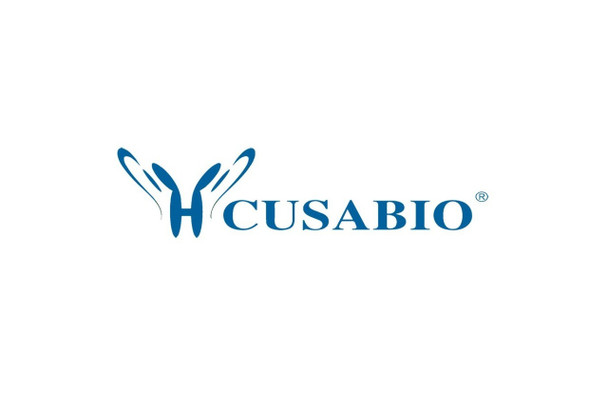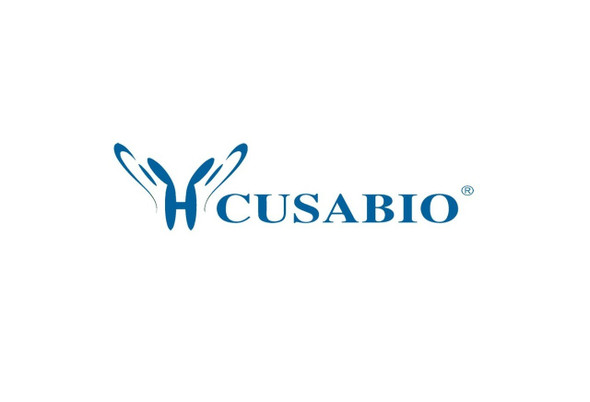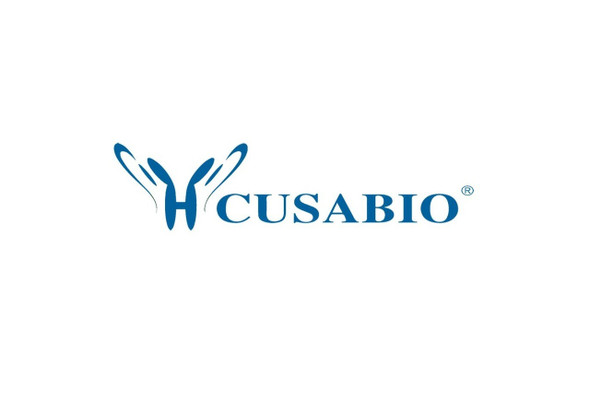Cusabio Polyclonal Antibodies
EEF1G Antibody | CSB-PA007433ESR1HU
- SKU:
- CSB-PA007433ESR1HU
- Availability:
- 3 to 7 Working Days
Description
EEF1G Antibody | CSB-PA007433ESR1HU | Cusabio
EEF1G Antibody is Available at Gentaur Genprice with the fastest delivery.
Online Order Payment is possible or send quotation to info@gentaur.com.
Product Type: Polyclonal Antibody
Target Names: EEF1G
Aliases: Elongation factor 1-gamma (EF-1-gamma) (eEF-1B gamma), EEF1G, EF1G
Background: Probably plays a role in anchoring the complex to other cellular components.
Isotype: IgG
Conjugate: Non-conjugated
Clonality: Polyclonal
Uniport ID: P26641
Host Species: Rabbit
Species Reactivity: Human, Mouse
Immunogen: Recombinant Human Elongation factor 1-gamma protein (168-437AA)
Immunogen Species: Human
Applications: ELISA, WB, IHC
Tested Applications: ELISA, WB, IHC; Recommended dilution: WB:1:1000-1:5000, IHC:1:20-1:200
Purification Method: Antigen Affinity Purified
Dilution Ratio1: ELISA:1:2000-1:10000
Dilution Ratio2: WB:1:1000-1:5000
Dilution Ratio3: IHC:1:20-1:200
Dilution Ratio4:
Dilution Ratio5:
Dilution Ratio6:
Buffer: PBS with 0.02% sodium azide, 50% glycerol, pH7.3.
Form: Liquid
Storage: Upon receipt, store at -20°C or -80°C. Avoid repeated freeze.
Initial Research Areas: Epigenetics and Nuclear Signaling
Research Areas: Epigenetics & Nuclear Signaling














